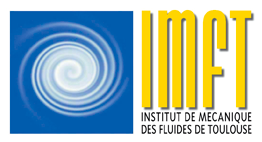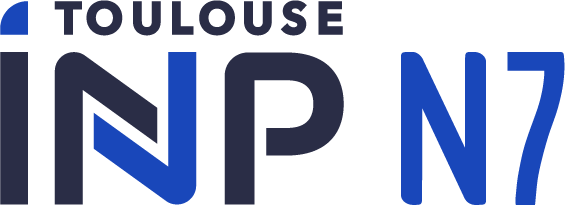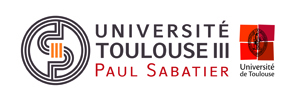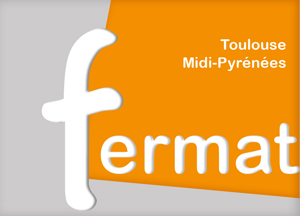Machine Learning for Fluid Dynamics : can data driven approaches assist physical modeling ?
Séminaire Corentin Lapeyre
Séminaire calcul scientifique
Mardi 1 octobre à 10 h 30 – Amphithéâtre Nougaro
Abstract :
Machine learning, and more specifically deep learning, are at the center of a strong hype in many digital industries today. Initially driven by advancements in neural networks for image processing, high profile achievements in e.g. natural language processing or game-playing have since democratized the field of « AI » in the public sphere. The field of physical sciences, on the other hand, has a long standing tradition of model-guided approaches, with an emphasis on explainability and interpretability of its solutions. At first glance, these two fields have very little in common. Nevertheless, uses of recent advancements in learning techniques for physical modeling are emerging concurrently throughout the physical sciences. At this stage, the benefits and tradeoffs of learning techniques in the context of physics have yet to be clarified, and more work is needed for physicists to narrow down the articulation of these with more traditional model-based approaches.
In this presentation, we will delve into the contributions of CERFACS, and its workgroup on High-Performance Learning for Physical Modeling (http://cerfacs.fr/helios/), to this issue. After some general thoughts on data-driven versus model-driven approaches, the most recent developments in uses of learning techniques will be shown, focusing on 3 major topics : 1) replacing statistical models with high-dimensional learned models ; 2) including neural network inferences in a high-performance parallel physical solver ; 3) using generative techniques to produce surrogate physical data. In closing, the general strategy taken by the workgroup will be presented.





